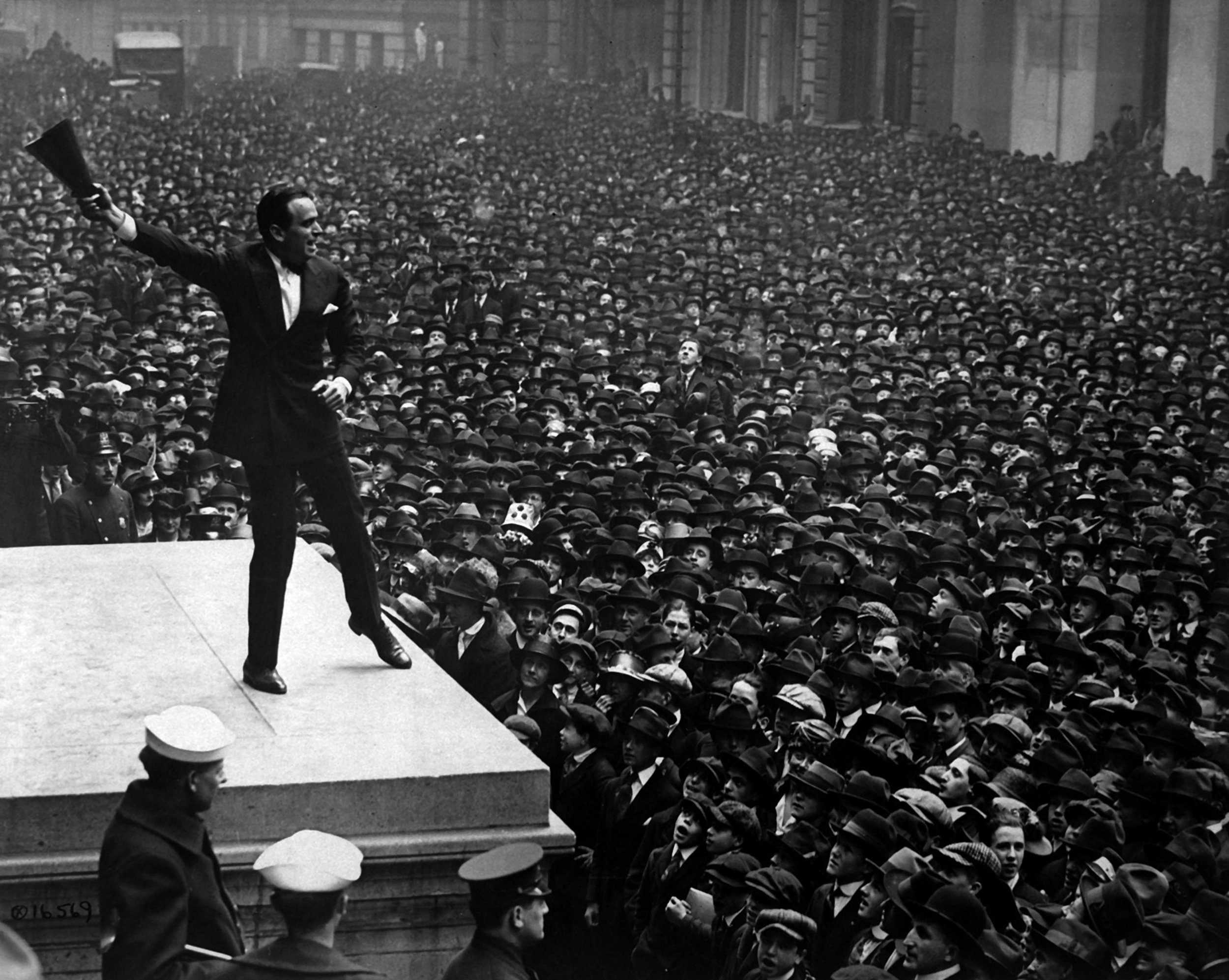The People vs. Pharma: Reframing a Crisis

“Less hoodies, more lab coats,” said Pharmaceutical Research and Manufacturers of America (PhRMA) President and CEO, Steve Ubl, as he smirked at his clever delivery to CNBC anchors.
Let us back up for a minute. Recently, the pharmaceutical industry has been under the microscope. Critics say companies are hiking up drug prices, far beyond annual inflation. The situation came to a head after Martin Shkreli, dressed in his signature gray hoodie, delivered unrepentant comments when questioned at a healthcare industry event.
The fire was ignited. The American public raised questions about the pharmaceutical industry and the situation became a hot-button issue on the 2016 presidential campaign trail. Most recently, President Trump vowed to tackle drug prices, accusing the industry of “getting away with murder.”
Needless to say, the pharma industry is facing a public perception issue.
Fast forward to the pharma industry trade organization’s key leader, Steve Ubl, in his recent TV interview. In a crisis situation, companies have the options to stay silent, deny, counterattack or reframe. Based on the recent CNBC interview with Ubl, it appears the pharma companies are putting their trust in PhRMA, as its head honcho has hit the media roadshow. Ubl’s task is to reframe the public’s, and President Trump’s, perspective. But, while the media strategy is clear, Ubl’s execution misfired.
In his interview with CNBC, Ubl calls pharma “the crown jewel of the American economy,” citing the value of R&D, investment dollars, decreasing death from disease, and increasing life expectancy. Ubl has his facts straight; the numbers tell a convincing and compelling story. Yet, Ubl’s facts only speak to the “macro” view of the situation.
The reality is that this macro issue of drug pricing is having micro effects on real people, who are paying sometimes $8,000 out of pocket for vital medication. In crisis reframing, individual effects call for individual stories. Anecdotes of hard-working researchers or patients on the brink of death saved by their meds could have strengthened—and humanized—Ubl’s argument.
In the CNBC interview, an anchor tried to give Ubl a chance by asking him what the “narrative” would be in explaining drug prices. With a perfect setup, Ubl could have bridged the question back toward his message point, reframing the narrative to highlight that drug costs fund life-saving research and that money spent to achieve medical breakthroughs realizes long-term savings. Rather than reposition the pharma story as a heroic one, with countless lives saved and money well spent, Ubl denounced the public for focusing too much on prices. In doing so, he shifted the blame away from pharma and toward the people impacted the most.
Beyond a contentious positioning, Ubl’s delivery did little to garner public endearment. For most of the interview, Ubl appeared stiff and rehearsed, with a permanent half smile on his face, remiss in mirroring the level of concern the public has about the practices of his colleagues. Additionally, Ubl appears to smirk to himself after he hits his key points and catchphrases, negating any detectable sincerity portrayed in his voice. How a speaker looks when delivering points in media interviews gives insight into their authenticity, and with Ubl, there is much to be desired.
As a regulatory move by President Trump looms, the pharmaceutical industry continues to scramble to polish a tarnished image. How the industry fares could be contingent on their next move.
“I expect we’re going to find common ground,” said Ubl to CNBC.
If so, Ubl may need to dig deeper.
